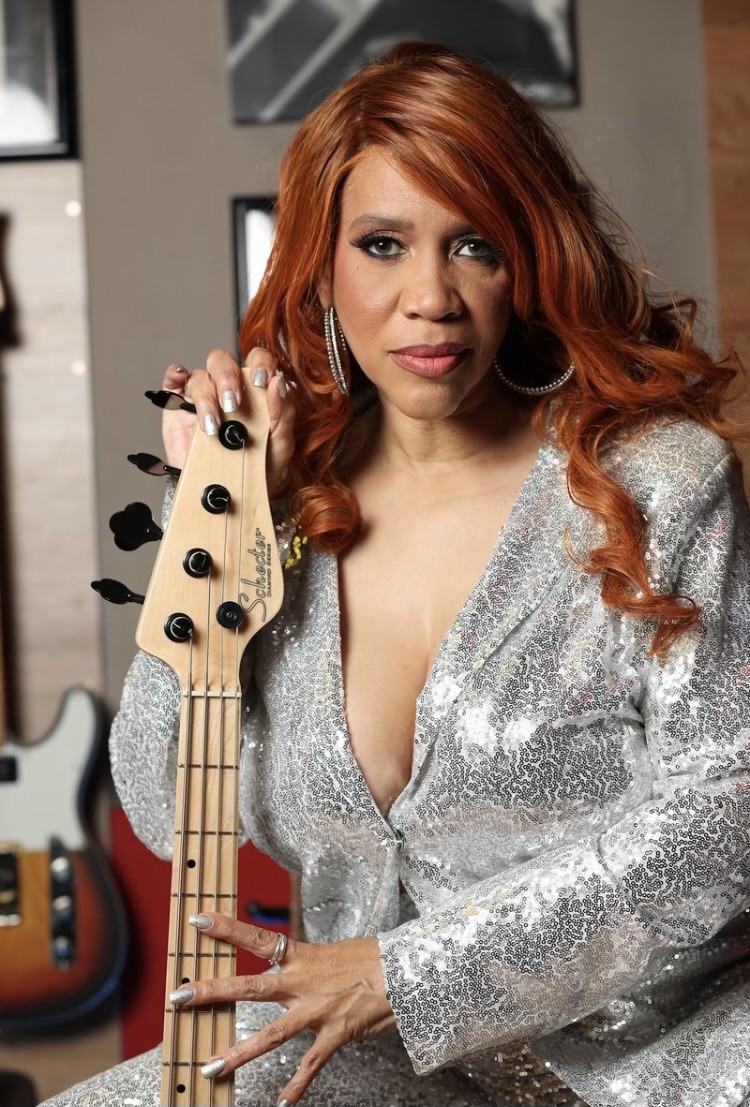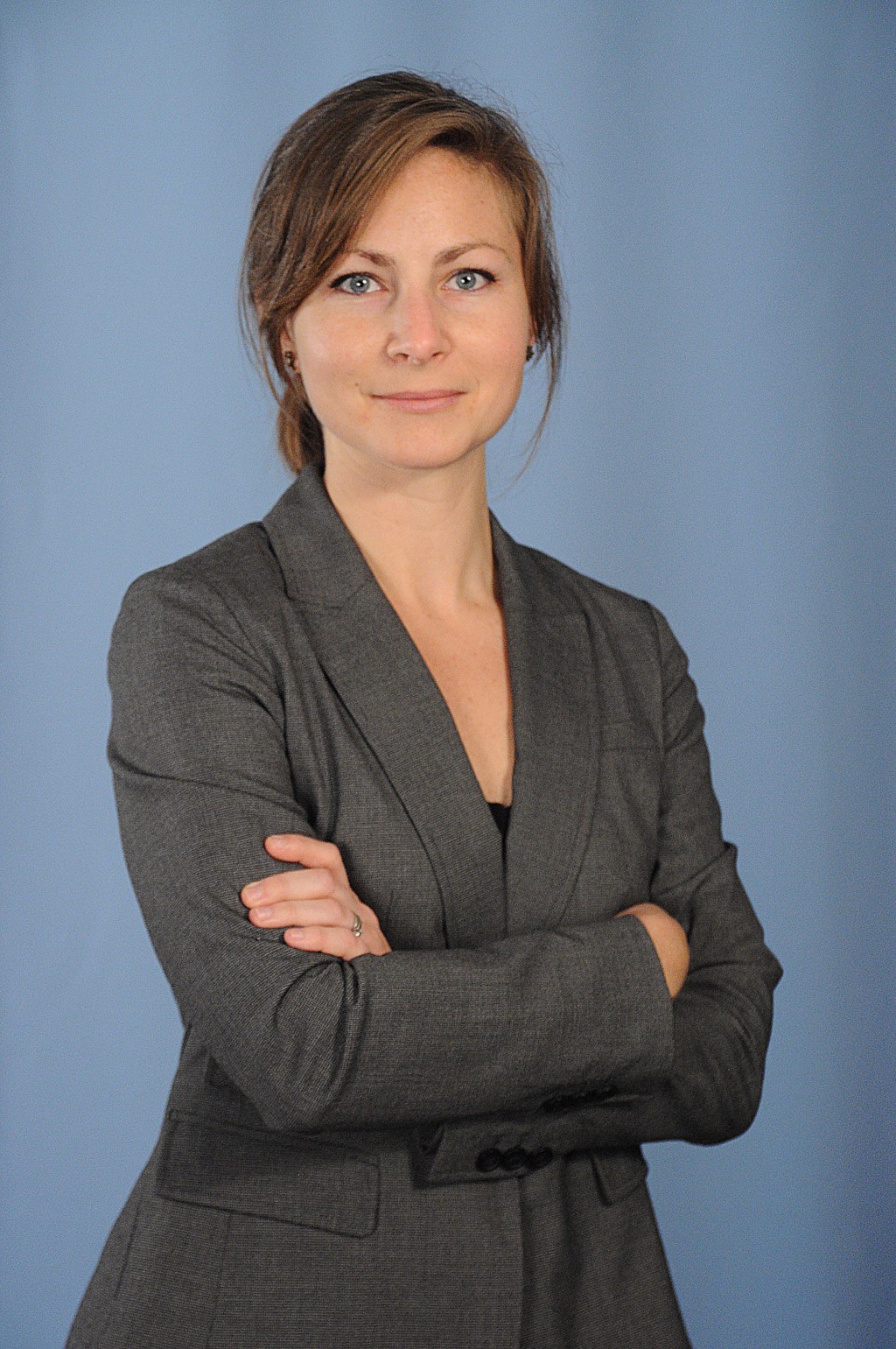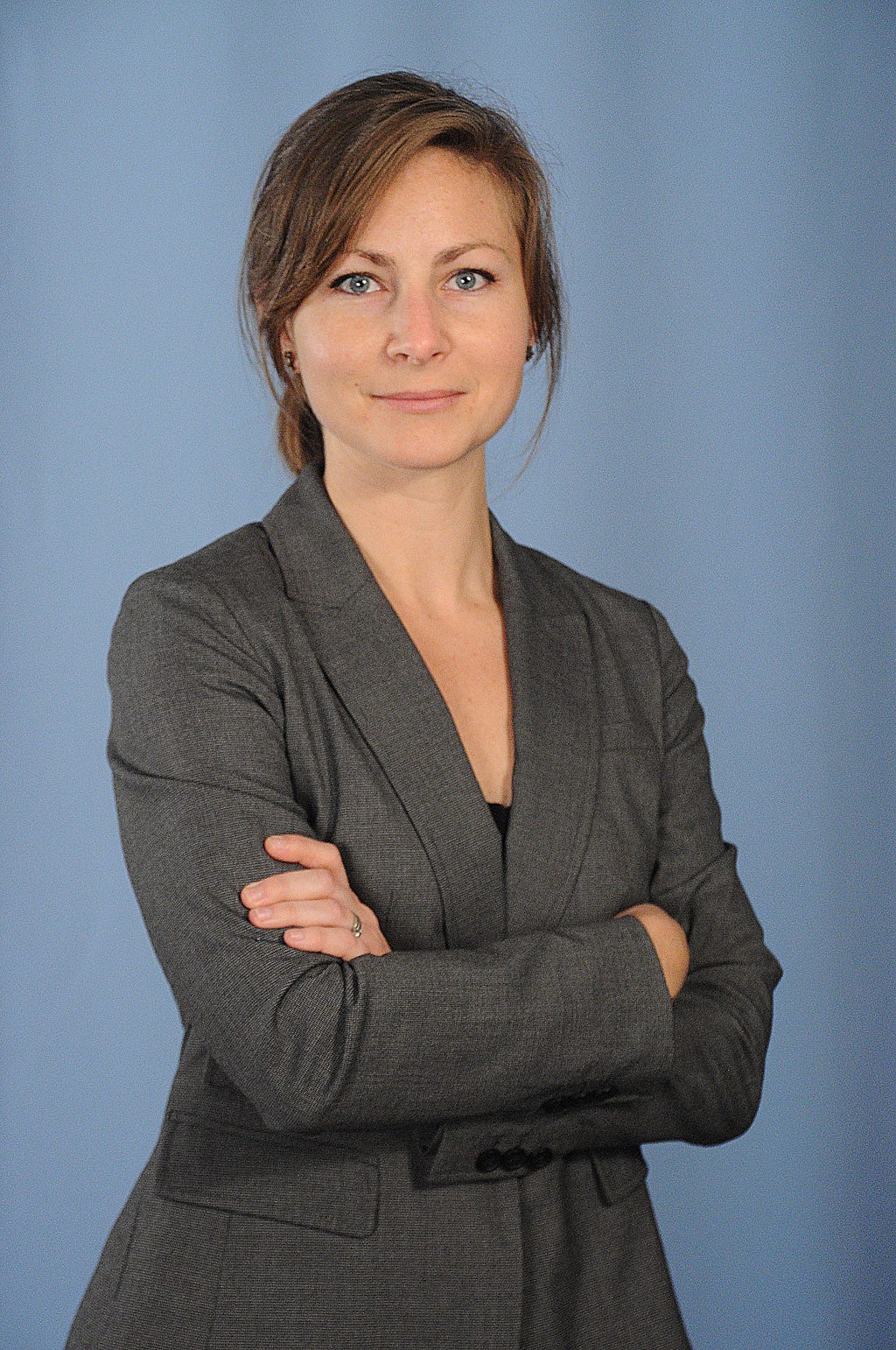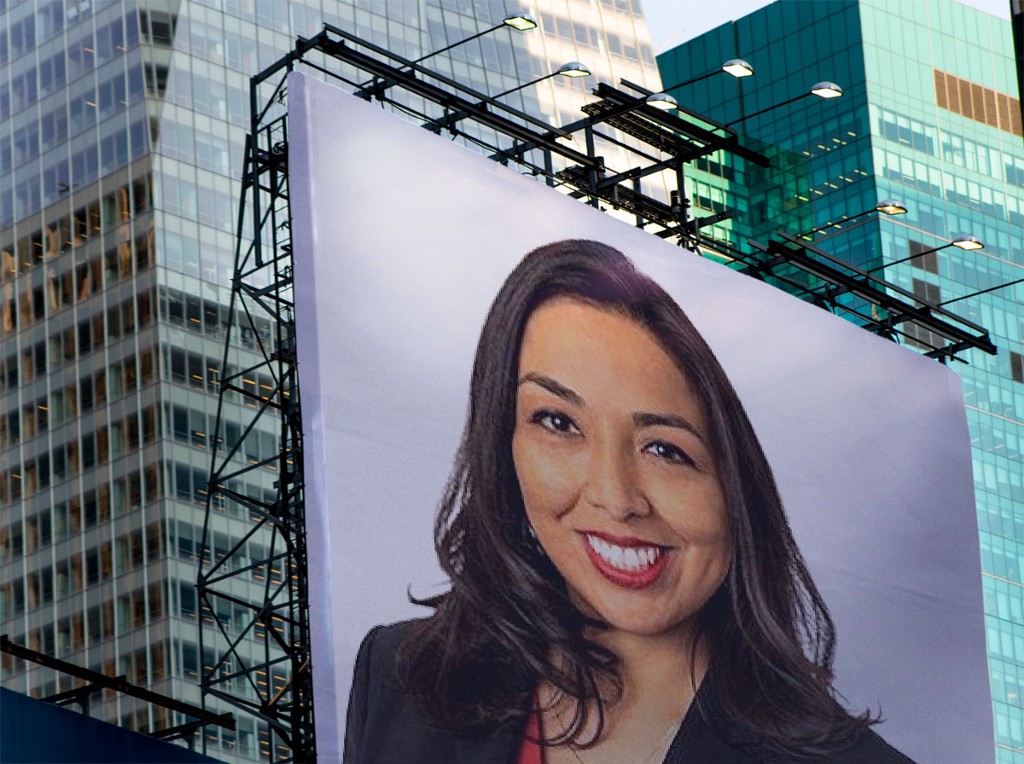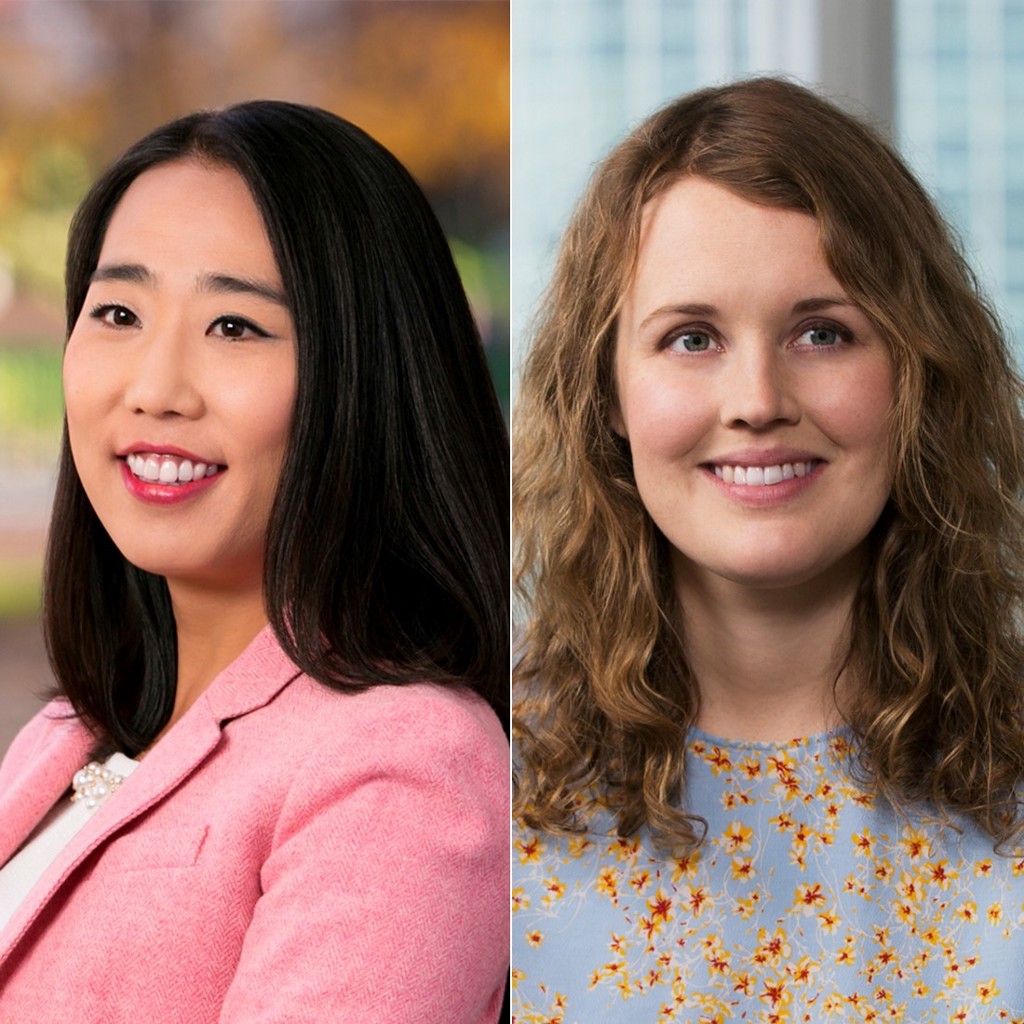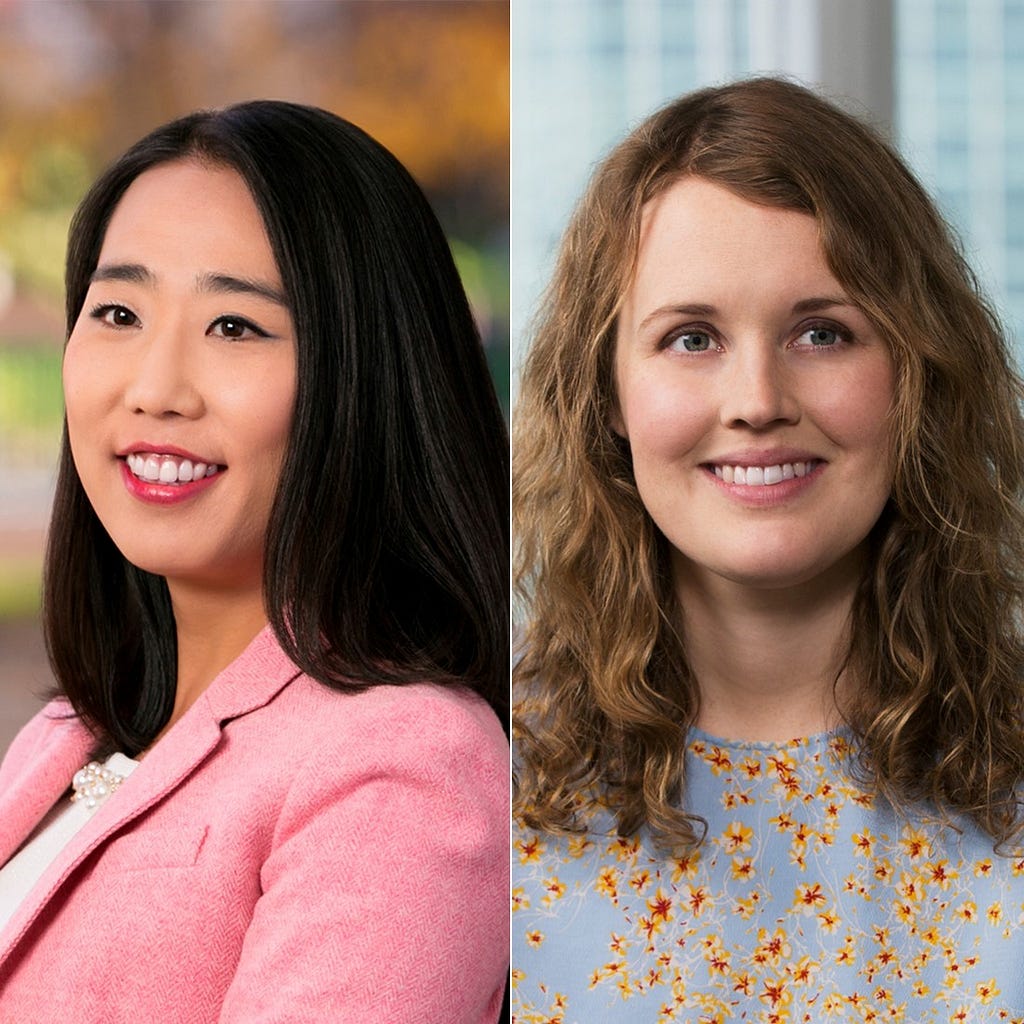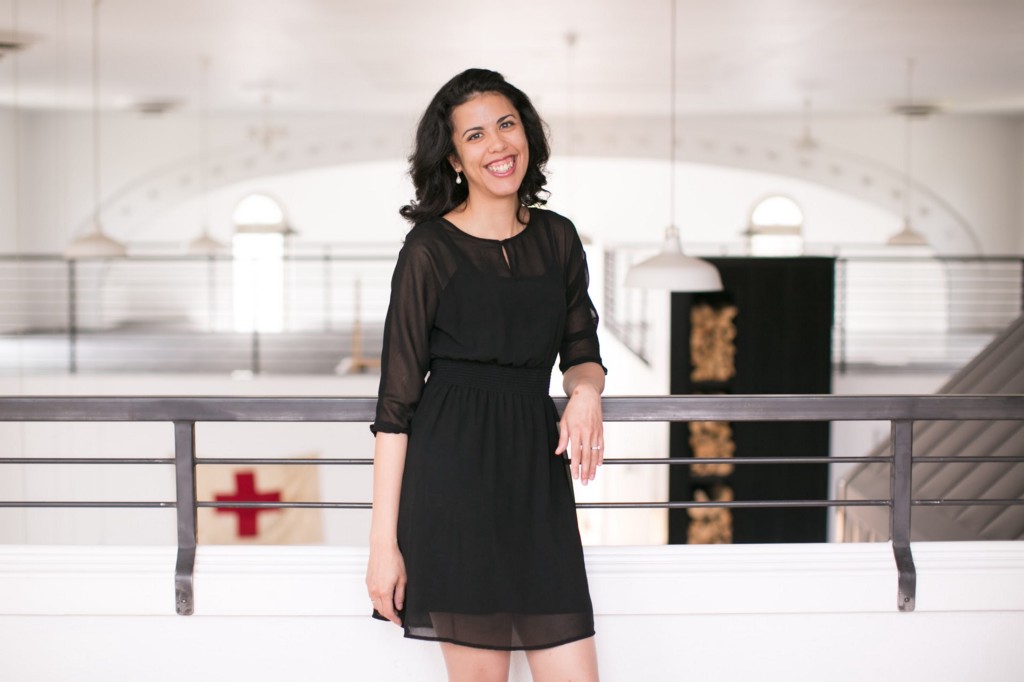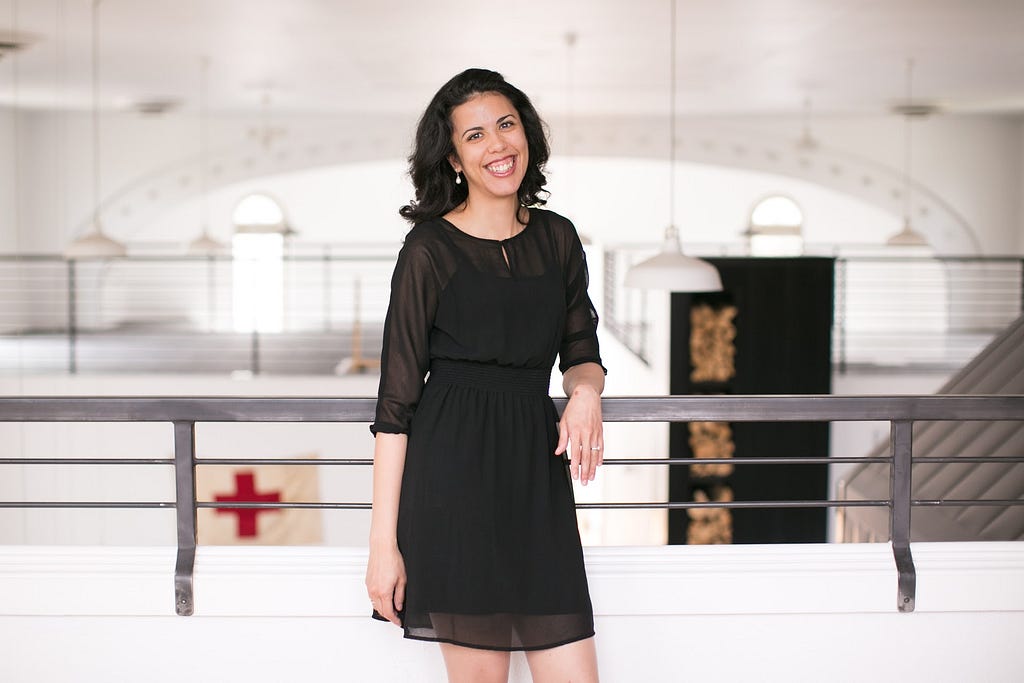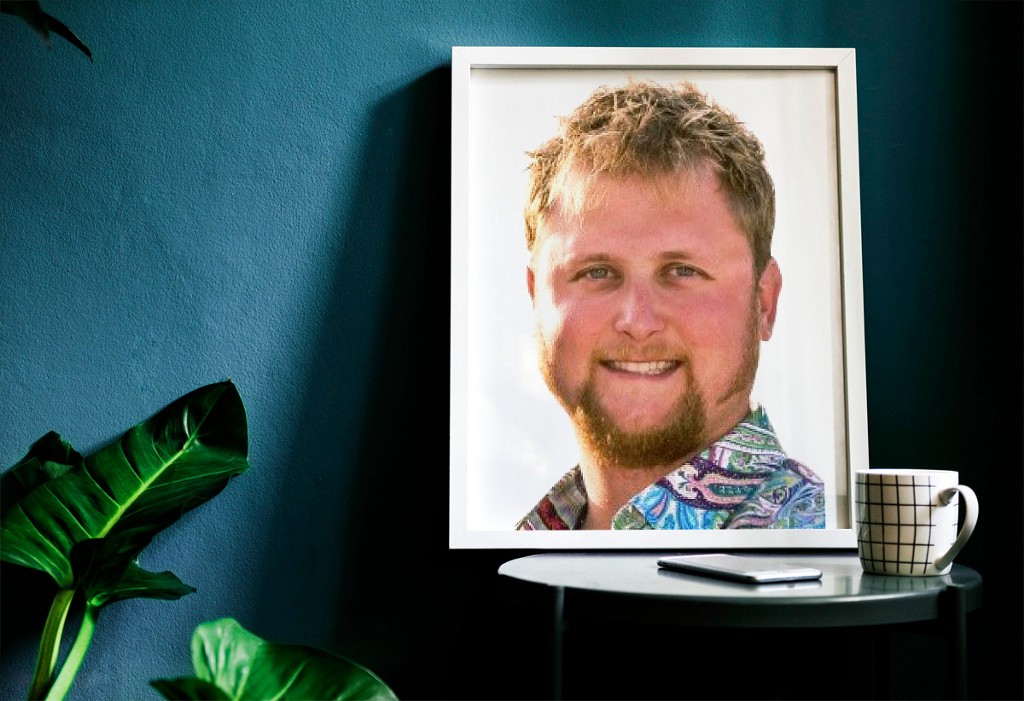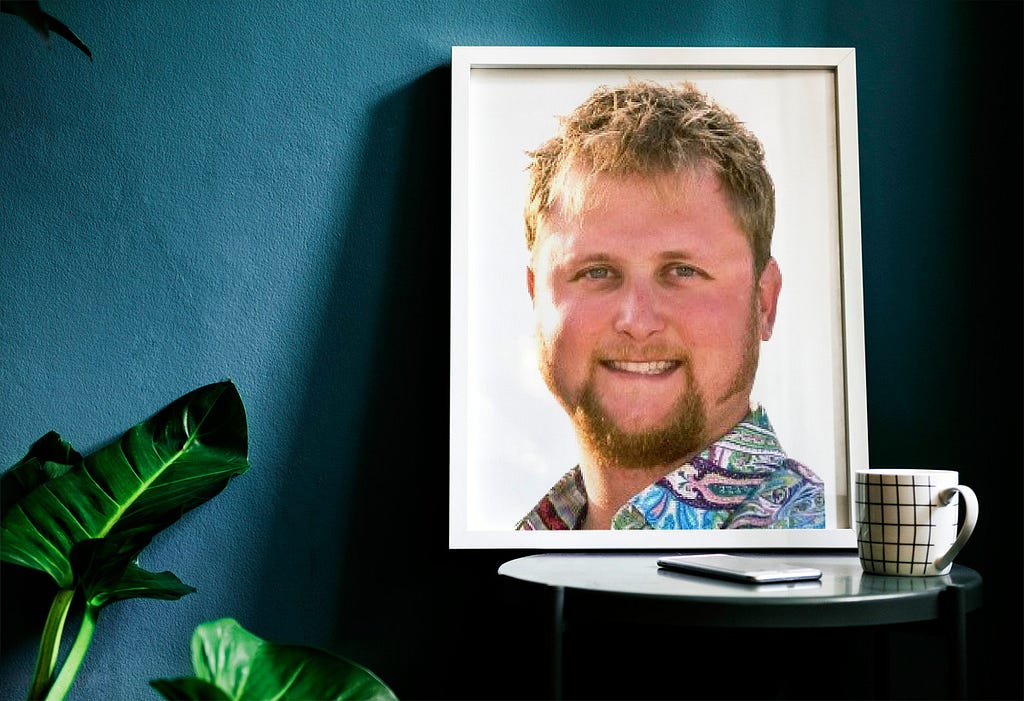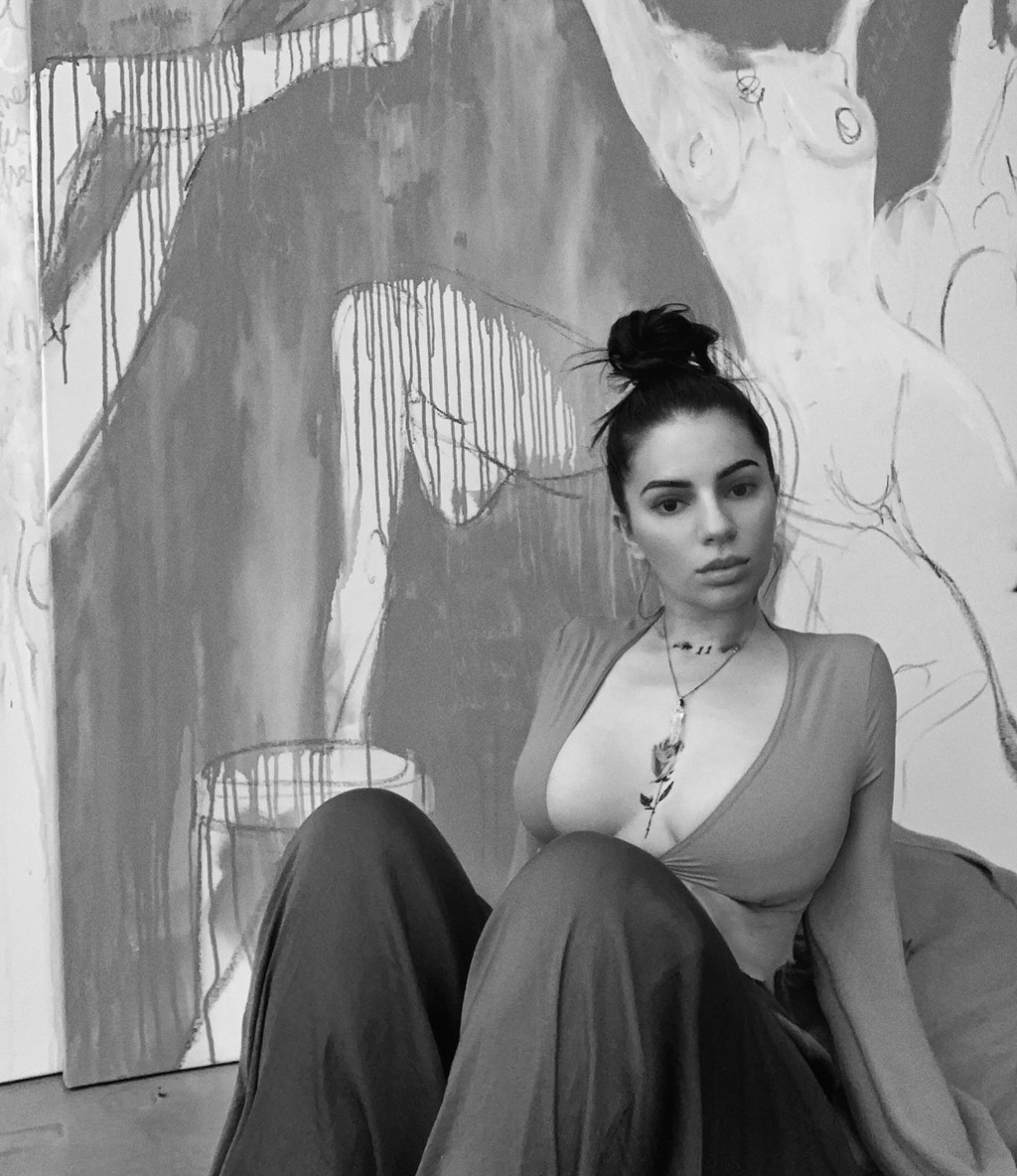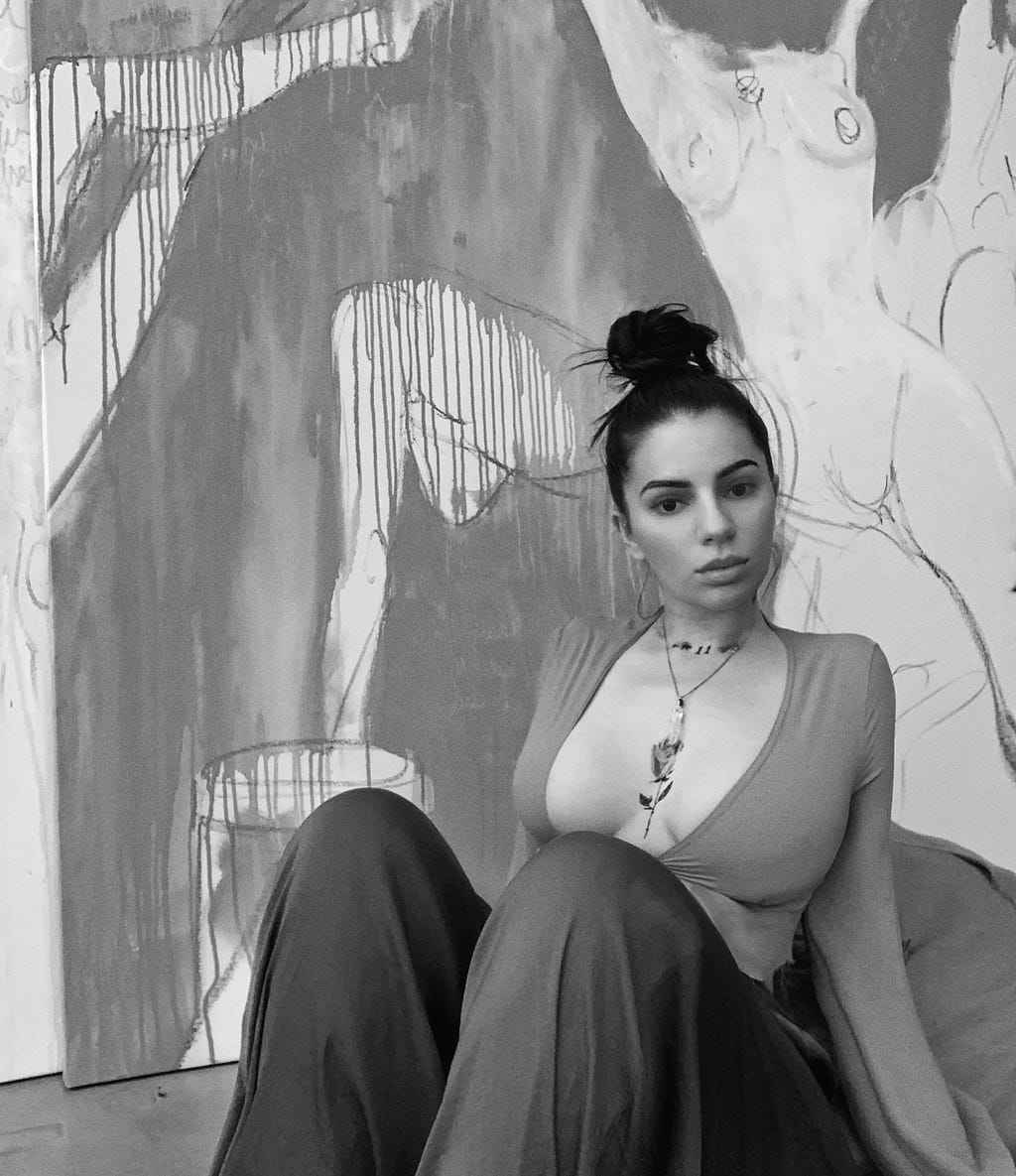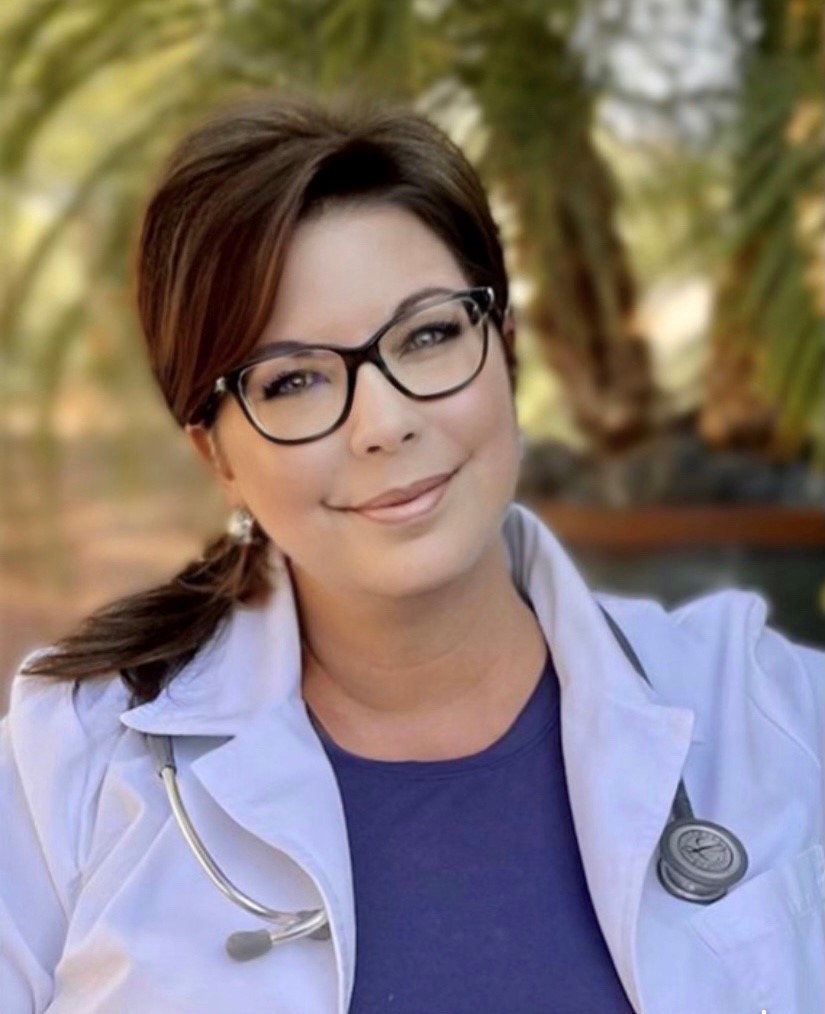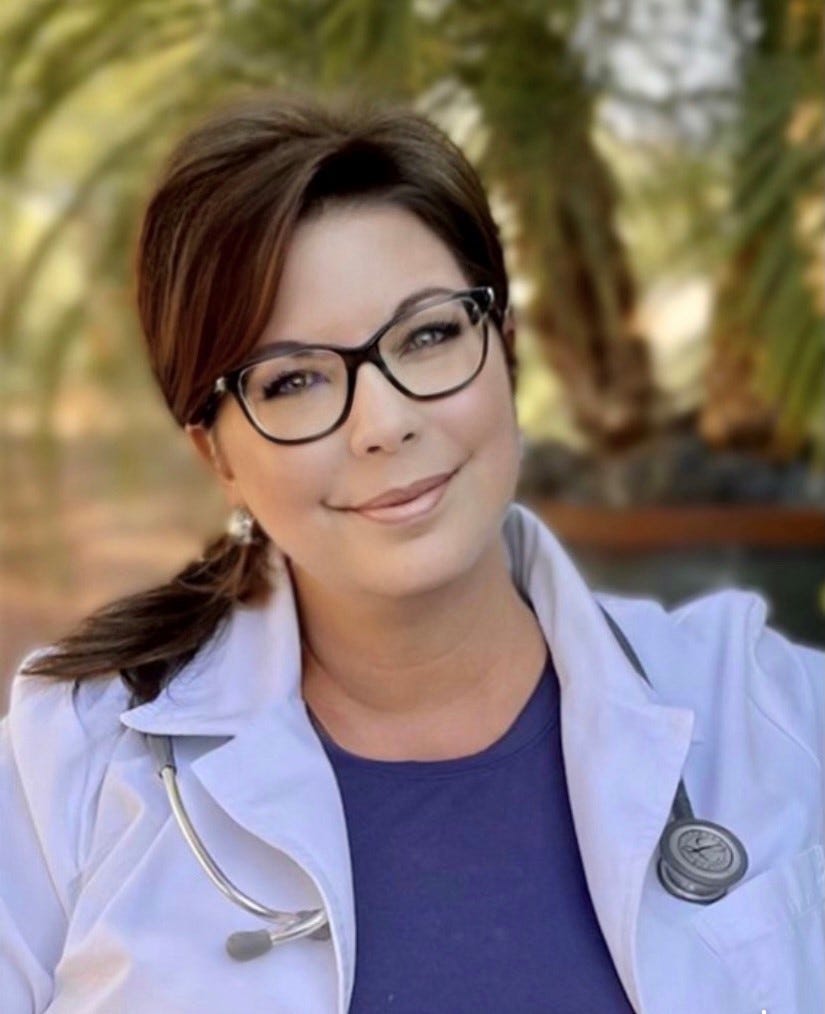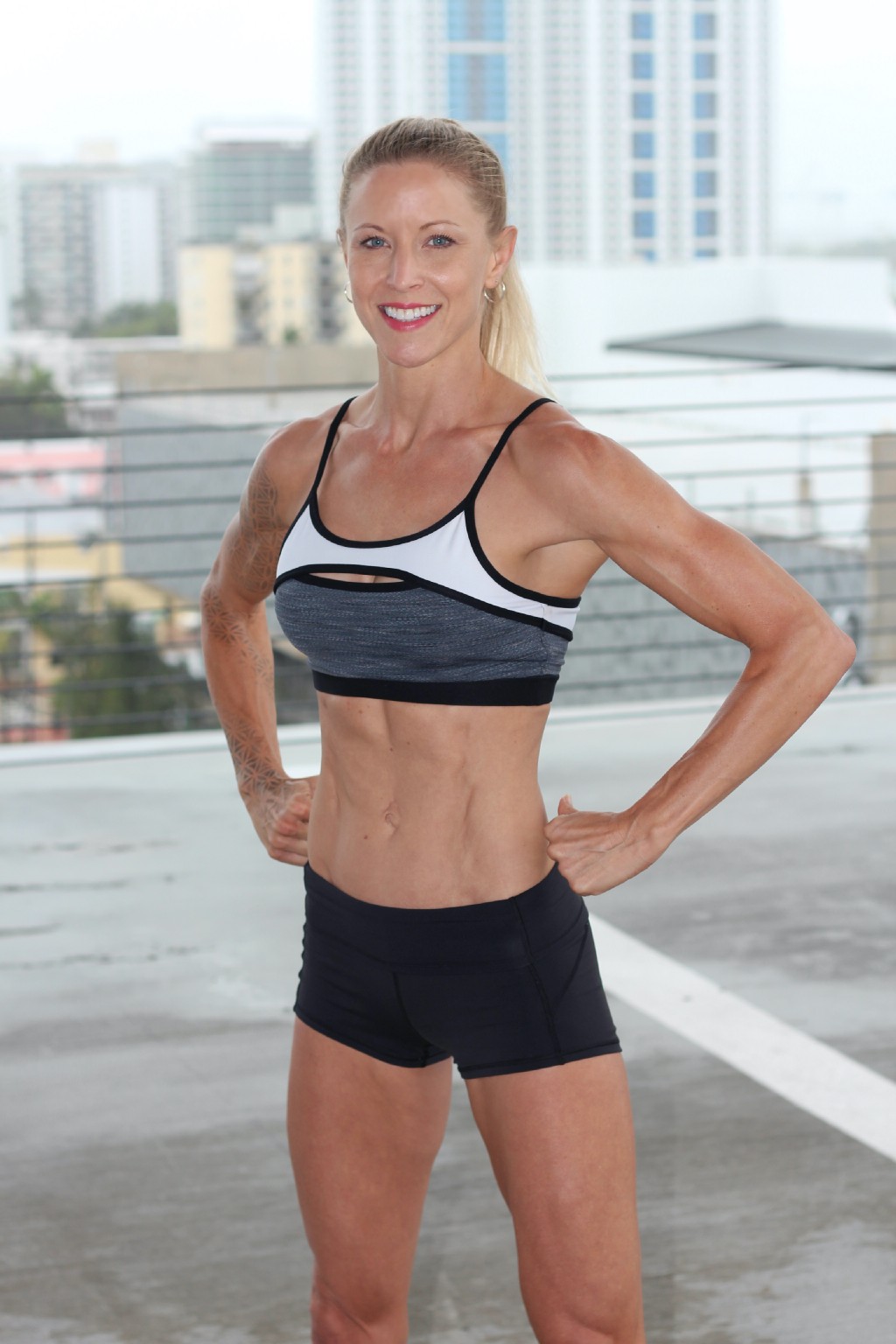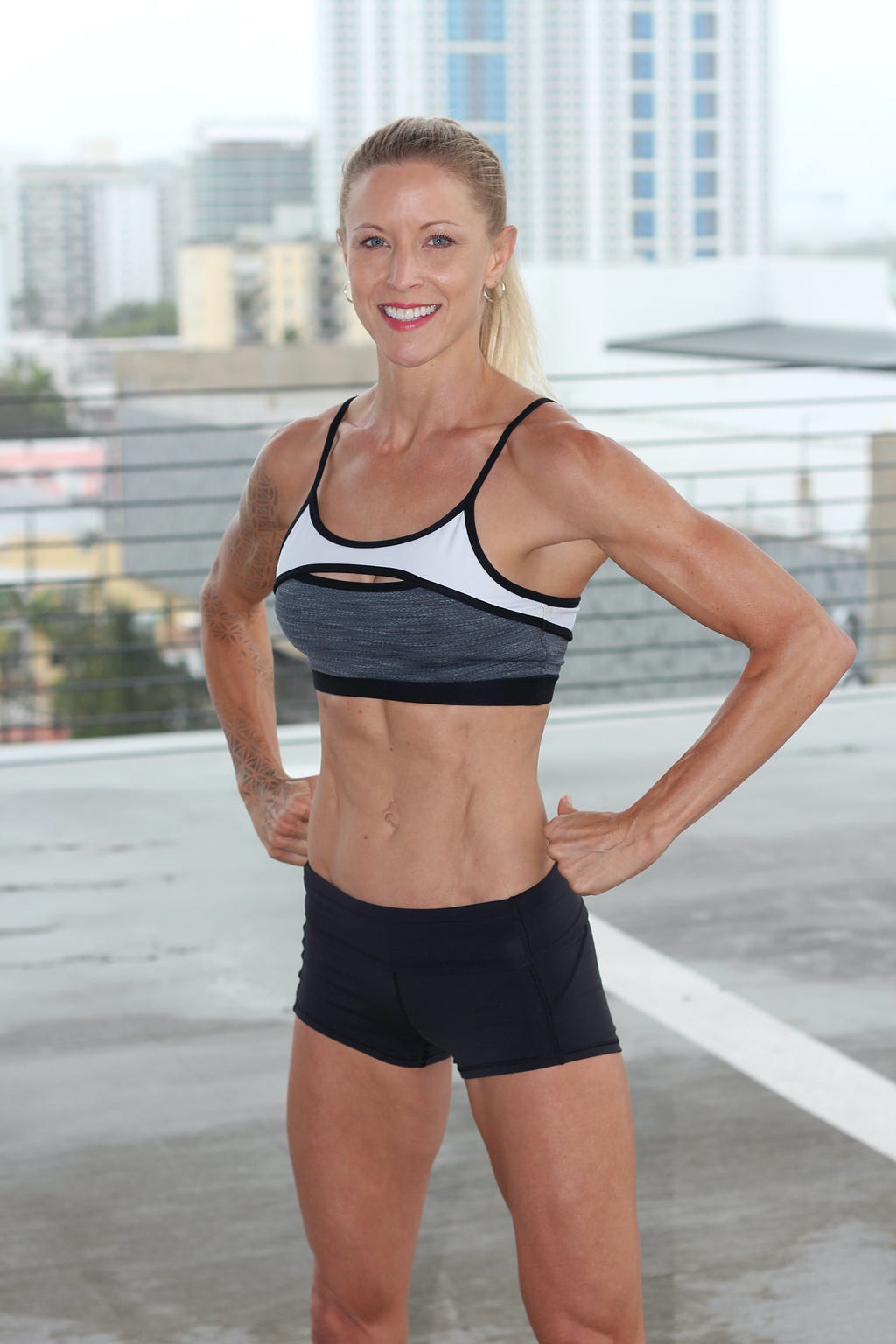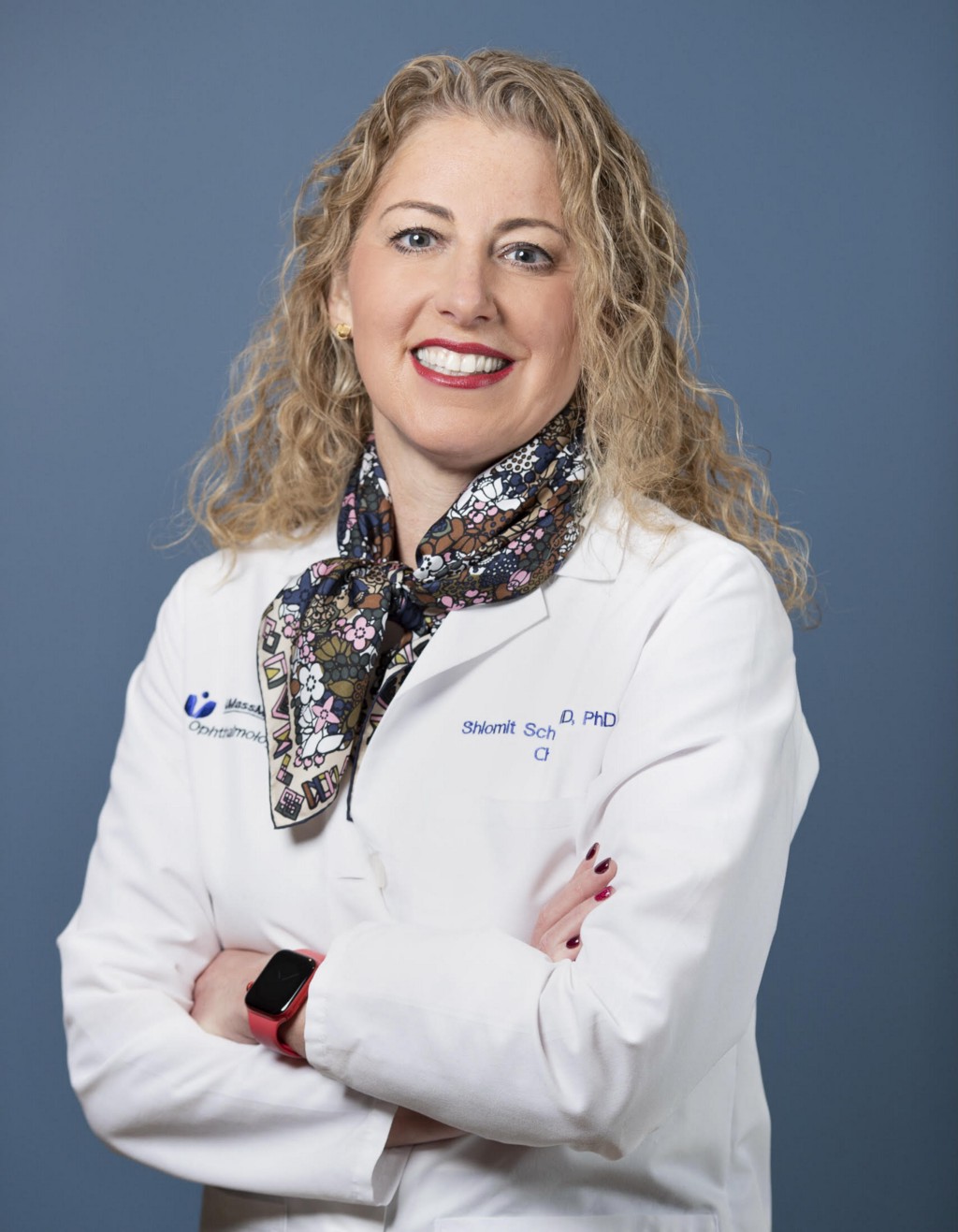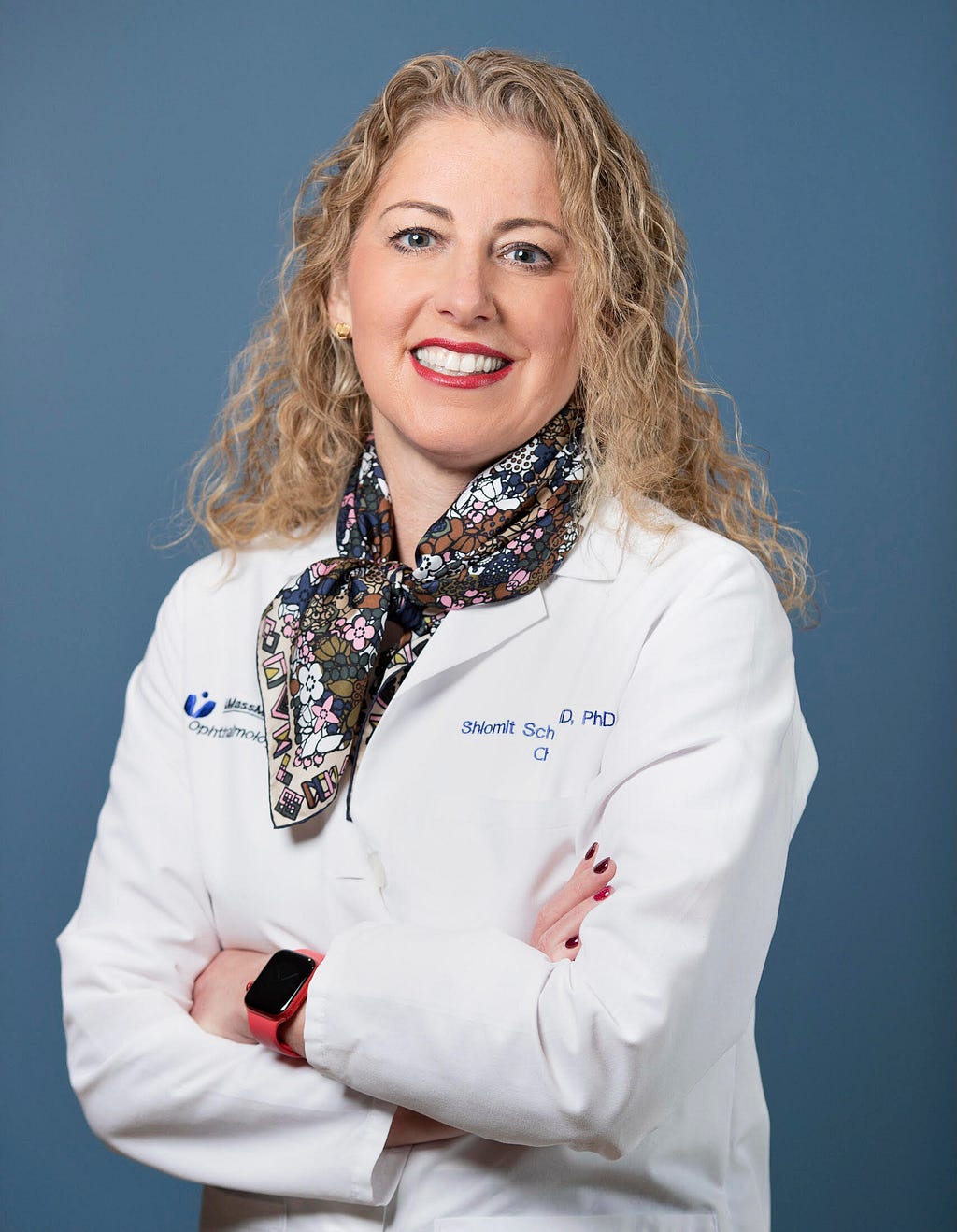Female Founders: Cheryl Stabler of Just Faith TV On The Five Things You Need To Thrive and Succeed as a Woman Founder
An Interview With Candice Georgiadis
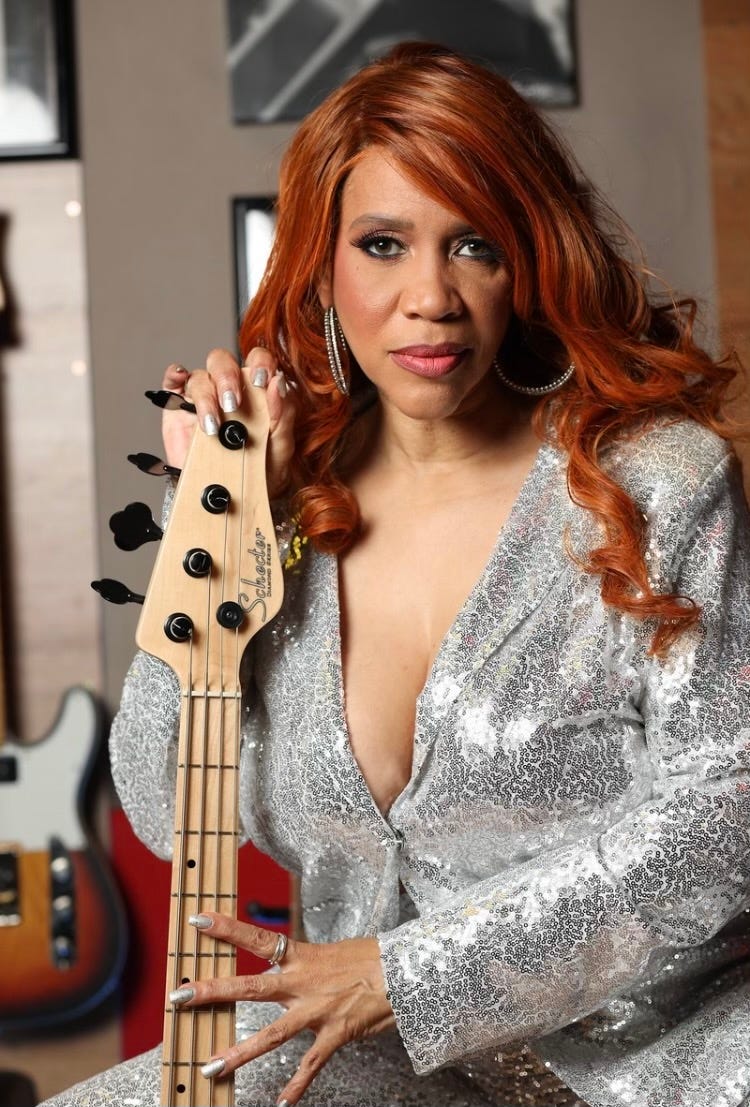
You can learn so much from Younger Minds — It use to bother me, when I saw friends in my industry with so much knowledge, not creating/nor sharing their decades of expertise with the next generation. I would also ask “How do you build a bridge with those coming up behind you?” I am so fortunate to work with some young brilliant and sharp minds. They have taught me a great deal in our short time together. I pray that I have shared some ‘wisdom’ with them as well.
As a part of our series about “Why We Need More Women Founders”, I had the pleasure of interviewing Cheryl Stabler of Just Faith TV for Vyre Network and Unshakeable Woman.
Cheryl Stabler is the Co-Founder of JUST FAITH TV (VYRE- Faith Global Content). JUST FAITH TV is a global streaming channel which distributes a diverse range of faith-based content to the spiritual and faith communities. Just Faith TV reaches all nations and demographics while keeping viewers engaged in family centered programming.
Thank you so much for doing this with us! Before we dig in, our readers would like to get to know you a bit more. Can you tell us a bit about your “backstory”? What led you to this particular career path?
My SHIFT (Story) started after ending almost 3 decades of marriage.
In November 2019, I began the process of writing my second book: The Unshakeable Woman: The SHIFT is Here! Foreword by Les Brown. The book is a “How to keep Unshakeable Faith”, when life throws you a curve ball.
During the process of writing, I discussed marketing options with by Publisher, Christian Faith Publishing. With the help and encouragement of a friend, I started The Unshakeable Woman Podcast, now strong in eight (8) countries. Each week, the podcast profiles women sharing their stories of triumph, in order to encourage other women on their journey. The Unshakeable Woman LLC is 100% owned by Cheryl Stabler. The end goal is to provide furnished rental homes for women and their children.
While the podcast picked up steam, the brand collaborated with The Uncommongospel Magazine brand, which started 30 minute LIVE shows on Facebook Mon-Fri, with a Sunday Brunch Edition with three (3) additional hosts. The LIVE show moved to Instagram LIVE, season 2, January 2022.
The summer of 2021, Cheryl went into partnerships with The Vyre Network and Harris Brown to create Faith Holdings LLC for JUST FAITH TV. The channel officially launched on January 9, 2022, providing TV, Film, Docuseries, Music and Live streaming content in over 200+ countries. Faith programming to serve people around the world.
The channel will also host “The Unshakeable Soul” TV Talk Show, season 1, which showcases Unshakeable Women having discussions about life, faith and overcoming difficult transitions, while enjoying soul food.
The Unshakeable Woman Podcast: Season 3, Jan 2022
https://anchor.fm/cheryl-stabler
Press Releases:
VYRE Network
JUST FAITH TV
https://vyrenetwork.com/tag/cheryl-stabler/
Can you share the most interesting story that happened to you since you began leading your company?
The most interesting story is quite comical. I opened my heart to dating again in January 2021 and met a great friend. Dating wasn’t in the cards for us, but we had a blast discussing business. It was this friend that introduced me to the owner of the Network. We are in partnership with the Network for both the TV Talk Show and JUST FAITH TV. In addition, he was instrumental in creating the theme song for the network as well. God brought him in my life for something much bigger… a friendship and a global business.
Can you share a story about the funniest mistake you made when you were first starting? Can you tell us what lesson you learned from that?
The funniest story was driving home from the meeting where we discussed the vision of this network. I’ve never dreamed this big and I’ve never had someone look at me and see the possibility of such, until that day. My entire life, I have been a giver. To my children, my family, the community, my friends, the homeless and the church. That day the Network founder of Vyre asked, “can you handle a role of running a network similar to the size of BET?” I still laugh at that moment, knowing that I had the experience of managing large teams and projects… the exception, this would be MY baby to birth. The lesson… God takes us on amazing journeys to sometimes learn hard lessons to prepare us for BIGGER!
None of us are able to achieve success without some help along the way. Is there a particular person who you are grateful towards who helped get you to where you are? Can you share a story about that?
I can name three women:
My publicist, Classic Cauley. My daily encouragement, sister and friend in business. (Founder of Classic Public Relations)
My cousin, Dr. Andrea Best: My sister in life who is a contact reminder of how important it is to speak life over every situation and myself. (Physician/Holistic Psychiatrist)
My life coach, Rhona Bennet: My sister who helped me to dig deep, to get past hurt and trauma and who shared incredible tools of the HOW to move forward with purposeful thinking strategies. (Founder of Personal Power University and 1/3 of the group EnVogue0
Ok, thank you for that. Let’s now jump to the primary focus of our interview. According to this EY report, only about 20 percent of funded companies have women founders. This reflects great historical progress, but it also shows that more work still has to be done to empower women to create companies. In your opinion and experience what is currently holding back women from founding companies?
With my first company, The Unshakeable Woman LLC, I realized that most funders only fund if you have been in business for 2–3 years and have a certain amount of money in the bank. Traditional funding didn’t work for me and the grant process is exhausting and competitive. With God’s blessing, this company is still operating with plans of expansion from my own personal wealth. My end game is to reach back and teach other single women how to open and run business and to provide furnished rentals for single mothers.
Can you help articulate a few things that can be done as individuals, as a society, or by the government, to help overcome those obstacles?
As individuals, we can help a great number of women, more efficiently than government. If we start with just 50 businesswomen coming together to mentor others, it will change the way economics are viewed by newly developed companies. There is so much to cover from entity creations, attorneys, CPAs, accounting and staffing. In addition, further discussion of Black Women on Executive Boards for both profit and non-profit are another urgent platform of discussion. It’s time for businesswomen to start speaking to and creating relationships with each other and our younger business minds.
This might be intuitive to you as a woman founder but I think it will be helpful to spell this out. Can you share a few reasons why more women should become founders?
Being a Founder, simply put, is the ability to executive your vision. When working with teams, they respect your vision and lend their gifts to help you build it. In addition, being a Founder and owning most of your company creates a space for the company to receive more funding. Women Owned and Women Minority Women owned firms have a number of funding options.
What are the “myths” that you would like to dispel about being a founder? Can you explain what you mean?
Myth #1 — It’s another 8–5pm job. The biggest myth ever, when running your own company. There have been numerous situations where I work very late or on weekends and some friends don’t understand the ‘why’ I cannot join them. There is a BUILD with any company and its never an overnight process. The reality, it’s more of a 24/7 process, until critical teams are put in place to lend support to the vision.
Is everyone cut out to be a founder? In your opinion, which specific traits increase the likelihood that a person will be a successful founder and what type of person should perhaps seek a “regular job” as an employee? Can you explain what you mean?
Everyone is not cut out to be a founder. Just as every Founder is not cut out to work 8–5pm.
As a former Project Manager for both a large Media Company and an International software firm, I loved the work. I didn’t love the lack of flexibility. I left the corporate world in year 2000, when our second child was turning 2. With my ex-husband working for the Federal Government at the time, I had the crazy on-call schedule. Being a mother, I still had to fit in wife time, baby time, cook breakfast/dinner, health appointments, school drop off/pick up and each time my children were sick, I would take off to care for the babies. This isn’t the story for all mothers… it way my story. It was exhausting to balance it all.
I tried my hand at opening a company, without guidance or mentorship, after the third child was in grade school. It failed miserably. But, I still won, taking away some valuable lessons.
A founder is open to expect failure and to possibly lose money. It you aren’t a risk taker; you won’t be successful. If one is scared of taking risks, a “regular job” may be a better option.
A founder is ok with not having much time to be overly social. Starting a business and staying on top of it requires a lot more hours, than the traditional “regular job” schedule. If one enjoys hitting the clubs with friends after work, partying and hanging out all weekend, a 9–5 may be a better alternative.
A founder is a planner, who can forecast and save their earnings, for emergencies or unforeseen situations. A founder can also create their own wealth, without limits. If one enjoys a steady paycheck and paid benefits … well, you know the answer.
Ok super. Here is the main question of our interview. What are your “5 Things I Wish Someone Told Me Before I Started” and why? (Please share a story or example for each.)
Nail your accounting courses — In college i loved math. I really love writing algorithms. Accounting seemed like a foreign language. Looking back, I wish that I placed more hours into understanding P&L statements, budgeting and forecasting. I’m blessed to have an amazing CPA, who takes care of my accounting questions.
How to capture Expenses — It took a moment for me to balance work and admin, while working solo for so long. I created #financeFriday to review banking, budgets, planning and expenses
You can learn so much from Younger Minds — It use to bother me, when I saw friends in my industry with so much knowledge, not creating/nor sharing their decades of expertise with the next generation. I would also ask “How do you build a bridge with those coming up behind you?” I am so fortunate to work with some young brilliant and sharp minds. They have taught me a great deal in our short time together. I pray that I have shared some ‘wisdom’ with them as well.
Balance and Rest is important — I’ve learned to work and process more clearer, after a morning walk or bike ride. In this season, I make time to read a couple of chapters, walk to the lake, to shopping or sit in the quiet to give some rest to my mind. I rise with the sun and in bed by 9–10pm, to ensure that I have ample rest to move though each day.
You might freak out when it gets BIG… and ‘how’ to recover — I didn’t see this one coming. When the Network was birthed, I cried and danced all day. The cat is out of the bag and my partners now know, how I celebrated, while recovering from COVID19 and isolated. When you receive a BIG blessing, unlike any that you have ever dreamed, your emotions can get the best of you. The recovery and coming back to ‘earth’ took place with my cousin, Dr. Andrea Best. She also, is experiencing a great deal of BIG simultaneously. The come down: Prayer, walking outdoors and enjoying the space of gratefulness, sitting in IT and not walking in fear and ending the day with a nice meal and a hot bath.
How have you used your success to make the world a better place?
This is such a great question. I am so excited to answer this one.
As a former PTA President and community advocate, I have many sisters. Those who look like me and some not. My sisters are of many faiths, colors and nationalities. After my marriage ended, it was these women who encouraged me to keep going. They all know that Im Christian; yet we all love each other as women and children of God. First came the start of writing my second book, then the podcast. I am honored to share women’s stories from all over the world. Because of the podcast, the TV TALK show and JUST FAITH TV was birthed.
JUST FAITH TV is programming for the world. Content creators of different faiths and nationalities showing their perspectives of their world. It is an honor to provide a NYSE publicly traded platform home for content created to both share and receive payment for their work. My prayer is that people who come to the Vyre Network for business news, sports, Movies, etc, will click on JUST FAITH and explore family programming for their faith driven content and/or explore other views of Jewish faith, Mormons, Muslims in America, etc. The more we learn about each other…the more we learn to love each other.
You are a person of great influence. If you could inspire a movement that would bring the most amount of good for the greatest number of people, what would that be? You never know what your idea can trigger.
I have always envisioned having a Mass Youth Choir, bringing the faiths together to inspire the world. (The different types of christian faith across nationalities, “Catholic, Non-denominational, Southern Baptist….” Jewish, Mormon, etc.) A concert in everycity raising money to build tiny house communities for the homeless and providing home communities for single mothers and their children.
We are very blessed that some very prominent names in Business, VC funding, Sports, and Entertainment read this column. Is there a person in the world, or in the US with whom you would love to have a private breakfast or lunch with, and why? He or she might just see this if we tag them.
Oprah Winfrey hands down.
She is a smart business woman and a kind philanthropist. Also an author and known well from helping millions of men and women with her talk show. Her home is less than two hours north of me in Santa Barbara and each visit I make to the Four Seasons Biltmore for lunch, I pray that I run into her amazing presence. Most importantly, she gives back so much to people to encourage their spirit and their souls. I pray that JUST FAITH TV changes lives as well, as most of the country works and lives from home during the pandemic. “To Whom Much is Given, Much will be Required”.
Thank you for these fantastic insights. We greatly appreciate the time you spent on this.
Female Founders: Cheryl Stabler of Just Faith TV On The Five Things You Need To Thrive and Succeed… was originally published in Authority Magazine on Medium, where people are continuing the conversation by highlighting and responding to this story.


